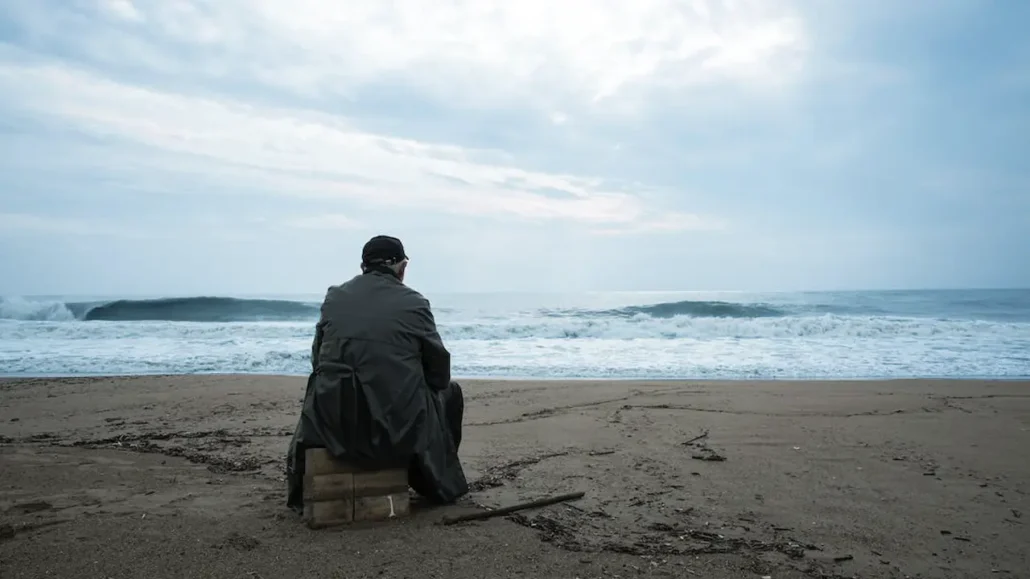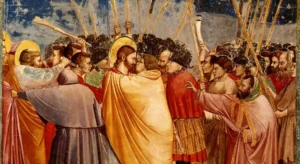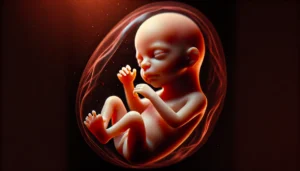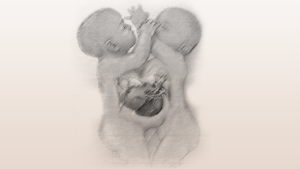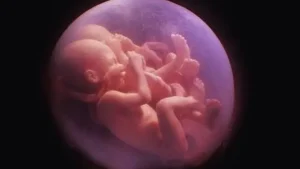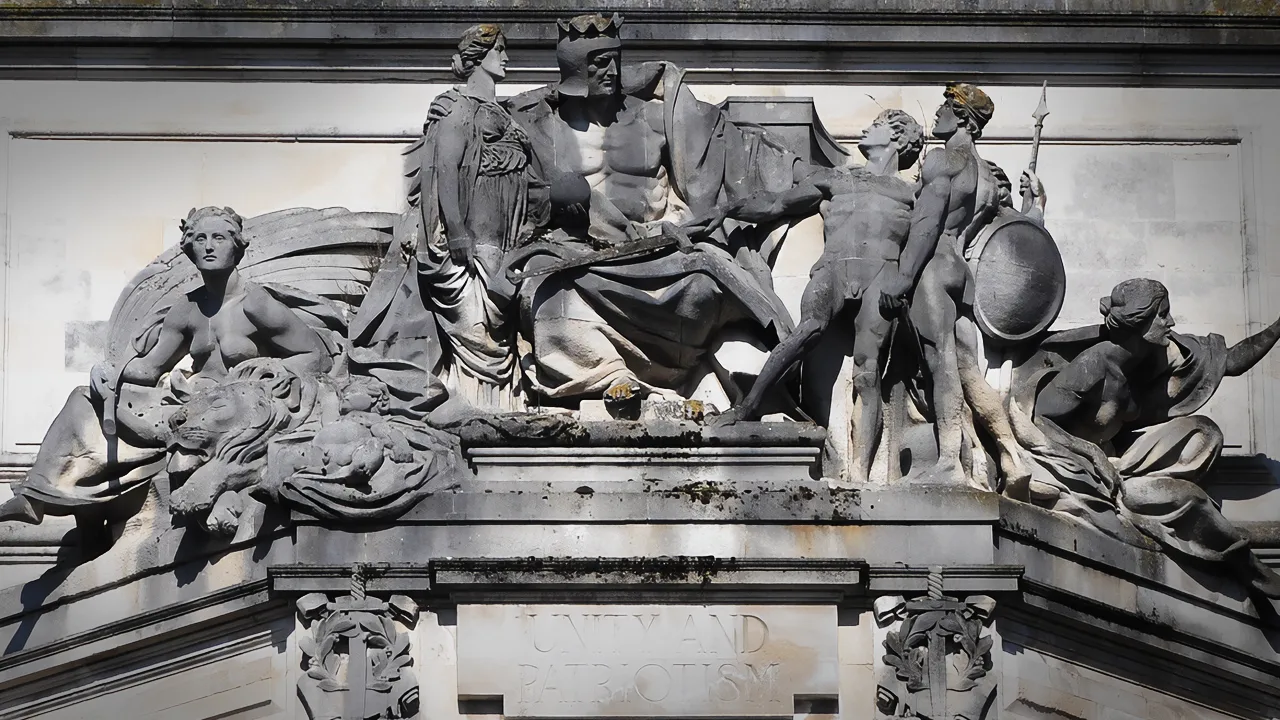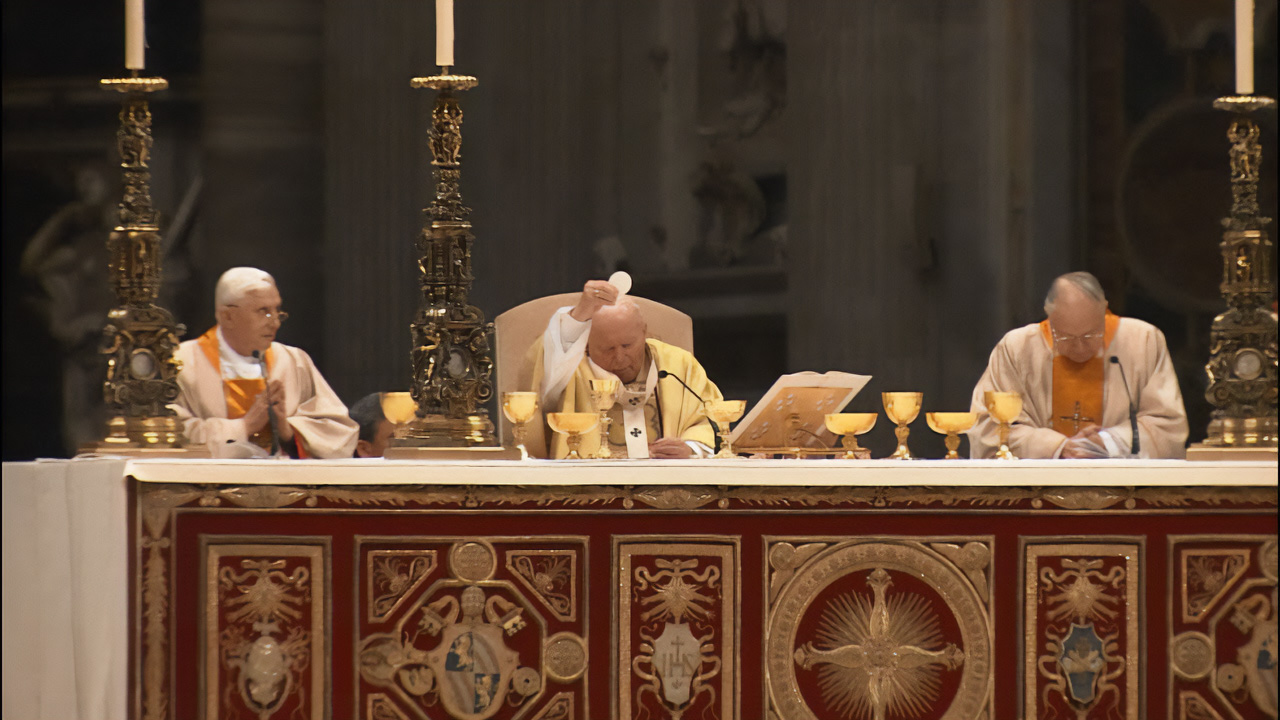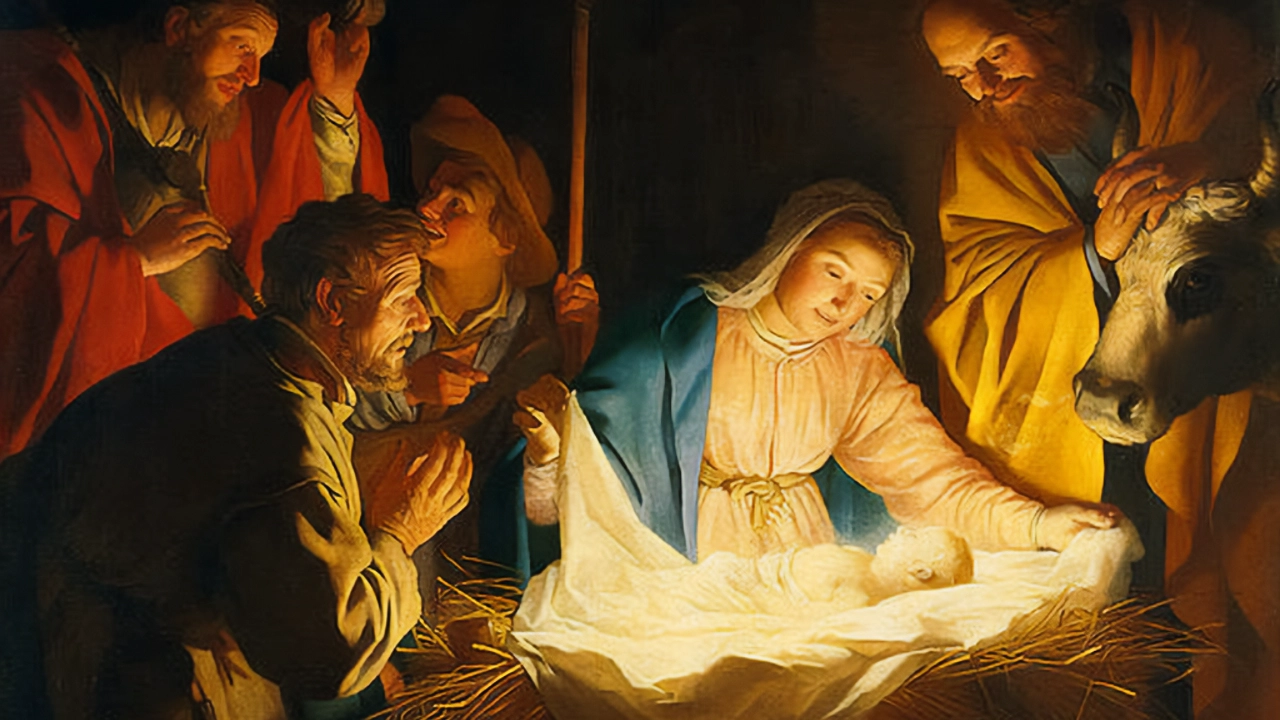Question:
The question I wish to pose to you may seem a bit particular, but it is about the virtue of hope: in our times, what attitudes or things can we consider as threats to Christian hope?
Response:
When you speak to me of “Christian hope”, I understand that you are referring to theological hope, not to human hopes. Therefore, I respond with this particular perspective in mind.[1]
Well, I believe that at least five major theological threats or challenges to Christian hope can be identified in our time.
First Threat: Christians who live a schizophrenic faith.
I am referring to those who “believe” in God, but do not expect eternal life.
In spite of the extension that various forms of religious indifference have been acquiring in recent times, our peoples (for example, in Latin America) continue to be, thank God, mostly religious and Christian (if not Catholic). However, it is striking that not a few of those who declare themselves Christians and Catholics, while confessing to believe in God, affirm that they do not expect life to continue beyond death.
Who is this God who they believe has not conquered death and that – as a consequence – it is death who has the last word on the life of man? It certainly cannot be the Father of our Lord Jesus Christ, the living and true God. It cannot be the God who is personal and close to His creatures, especially to human beings, Whom He has created in His image in order to establish with them a much more faithful relationship than the one we have with our loved ones.
The disconnect between faith in God and hope in eternal life not only reveals a certain crisis of hope, but also of faith in God. Faith in the resurrection and in eternal life is intimately linked to true faith in God. It is therefore necessary today to proclaim anew our paschal faith (faith in eternal life based on the paschal mystery of Christ, that is, that “if we have died with Him, we will also live with Him“: 2 Tim 2:11); that our lives, together with the whole of creation, “freed from the corruption of sin and death”, as the Eucharistic Prayer IV says, will be definitively assumed into the life of God.
Second threat: a timid preaching of the hope of eternal life.
It is rare to hear in preaching, in catechesis and in the teaching of the Catholic religion, a clear presentation of Christian hope in eternal life.
Perhaps it is true that in the past some truths of eternal life have been preached in a not very serious or theological way (although we should not pay much attention to these dialectics that emphasize “in the past it was exaggerated…”); but this does not justify silencing or distorting the Church’s faith in eternal life. The Creed concludes solemnly with this proclamation of hope, so closely linked to faith in God: “I believe in the resurrection of the dead and in eternal life“. If these themes are not spoken of, or if they are spoken of inaccurately, the very heart of faith in Jesus Christ is negatively affected.
Moreover, neglecting the truths of death, glory and possible eternal damnation would have, among other things, the serious consequence that the faithful, lacking the solid nourishment of faith, which more than satisfies the perennial hunger for love experienced by human nature, would be tempted to give ear to superstitions or ideologies incompatible with the dignity of those who are children of God in Christ. In other words, if these truths, as taught by the Catholic faith, are not preached, the minds of the faithful are given over to the pursuit of superstitions.
Third threat: the hopelessness born of the failure of the ideology of progressivism.
The end of the 20th century and the beginning of the 21st century have shown man the resounding failure of the ideologies that tried to make us believe that man is the Promethean builder of his future, of an ever better future; the teaching, finally, of all the secular and atheistic humanisms that elaborated a model of secularist hope (socialism, Nazism, Marxism, etc.).
Undoubtedly, many people are still deluded by this utopian vision of historical progress (which continues to promise happiness on earth, as science does with its research on cloning and other biological fantasies); but there are also more and more people who, alarmed by the collapse of the great utopias and alarmed by the undesirable consequences of “progress” (in terms of ecology or social justice), have begun to doubt that the future (along this path, at least) will be able to bring all good things. This is why, in recent decades, it has become fashionable to speak of the “end of history”, not in an apocalyptic sense, but as a change of civilization.[2] The fact is that, according to scholars, one of the results of this “crisis of modernity” is the spread of a certain hopelessness. A despair that is manifested in the fact that now it is a matter of orienting all human desires to the modest horizon of the everyday: to live a serene life, without worries, without having so many illusions about progress and the future… to take advantage of the time we have on this world… which, in the end, is nothing more than a form of disguised despair. We only have this life, let us make the most of it to live in peace and quiet.
A humble and even hidden hope in everyday life is not a bad thing[3]; but it is worrying that pure and simple despair is taking on a certain character.
Fourth threat: the return of ancient forms of hope
Since man “needs” to have hope, if the Christian faith does not give it to him (for lack of preaching and authentic catechesis), he will look for it in something else that “promises” him something future. Hence the phenomenon of the return of primitive or ancestral forms of hope that are “retreaded”. Human beings need the future; they cannot live without projecting themselves into the future. For this reason, our disbelieving culture often resorts to ancient beliefs or superstitions to try to respond to the inevitable demand for hope. Thus, paradoxically, alongside the most advanced science and technology, astrology, horoscopes, palm reading and all forms of fortune-telling are flourishing in our society (and, by the way, with great vigor). Various forms of ancient beliefs about the survival of mankind, such as reincarnation, are also recovered, more or less adapted. And those who believe in this are not only simple and uneducated people, but often professionals, politicians, writers, educators and scientists.
Fifth Threat: egoism or selfishness
Although it may seem untrue, we must point out as a form of despair the phenomenon of the more or less cynical cult of self-interest as the only goal in life. That is, the fact, increasingly widespread, of people who are only interested in their own interests, whether this takes the form of exploitation of others, of unbridled greed, of lust, of corruption, etc. I am referring to the widespread attitude of those who seek only their own good, “even if they destroy others”. This is the substance of “savage capitalism”, that is, of the exacerbated selfishness that characterizes “postmodernity”. Is this not a form of hopelessness, which faces life as something from which one must get all the juice possible (squeezing it out of others) because one thinks that there is no hereafter where one will receive reward or punishment for one’s actions?
Although other threats to hope could also be pointed out, these five give us enough food for thought.
Fr. Miguel A. Fuentes, IVE
(Published in Revista Diálogo 63, 2013, 149-153)
–Notes–
[1] I am going to take advantage of a part of a valuable document of the Spanish Episcopal Commission for the Doctrine of the Faith, from 1995, We await the resurrection and eternal life (Esperamos la resurrección y la vida eterna, November 26, 1995).
[2] After The End of History? (1989), Francis Fukuyama returned to this subject with The End of History and the Last Man (1992).
[3] Cf. St. Paul VI, Apostolic Exhortation Guadete in Domino, on Christian Joy
Original Post: Here
Other Posts: Who can open the Tabernacle?

